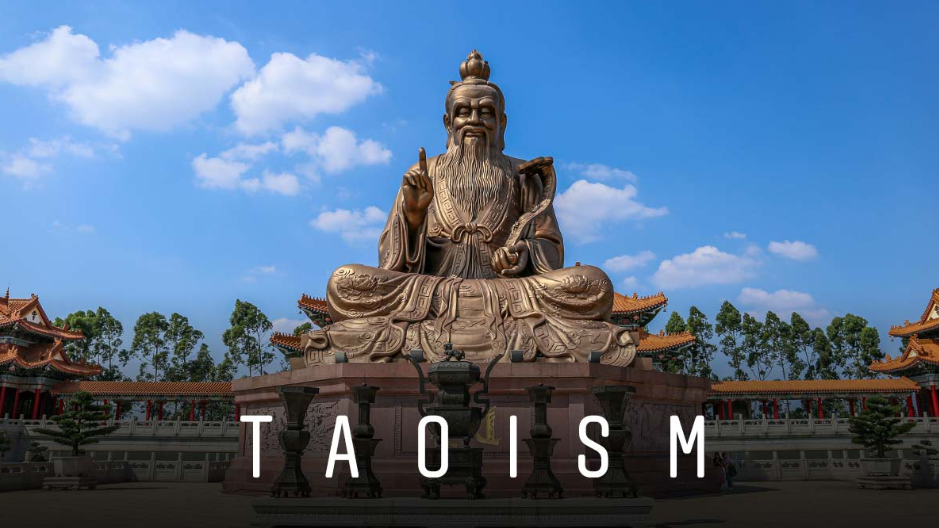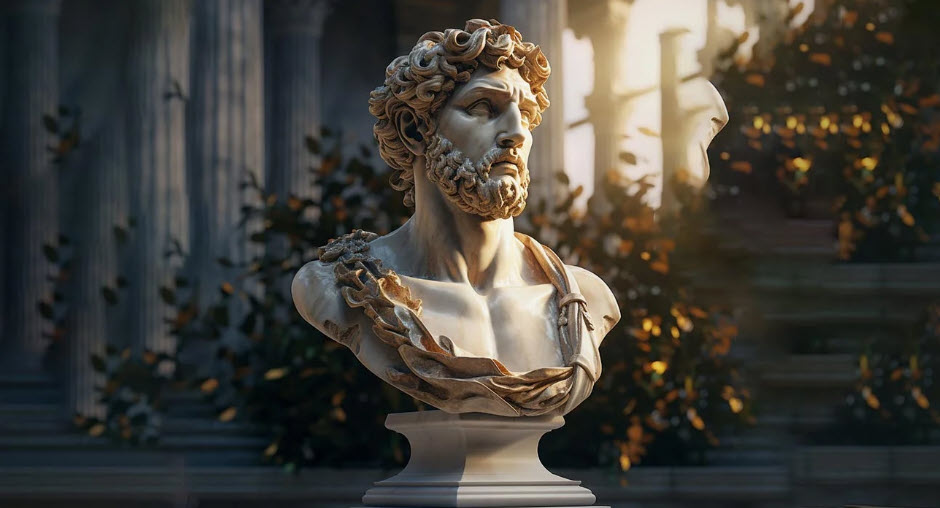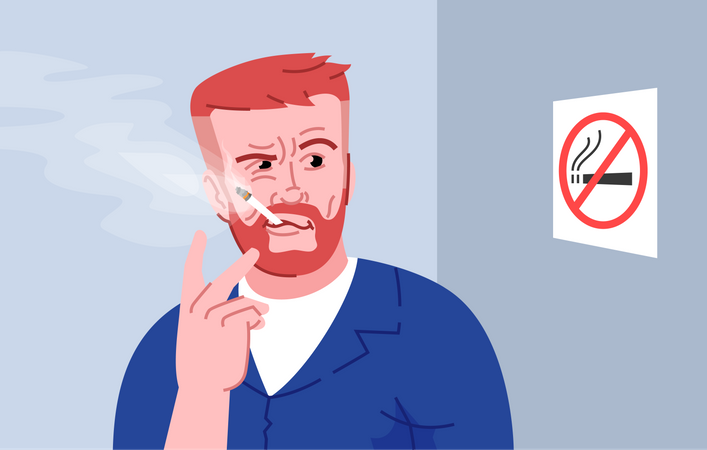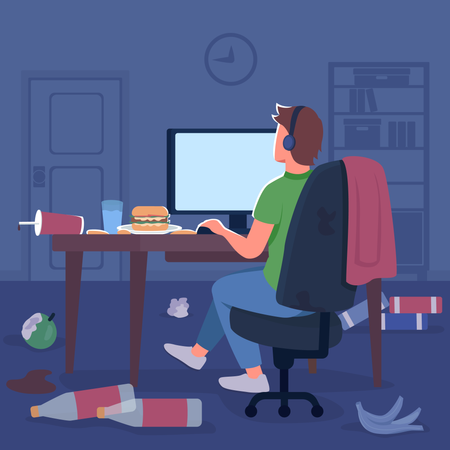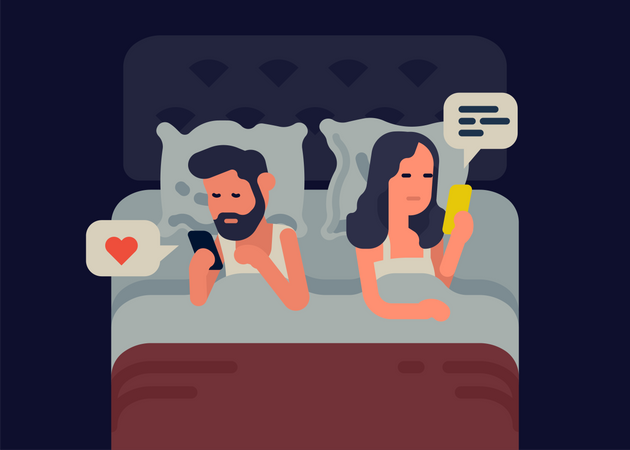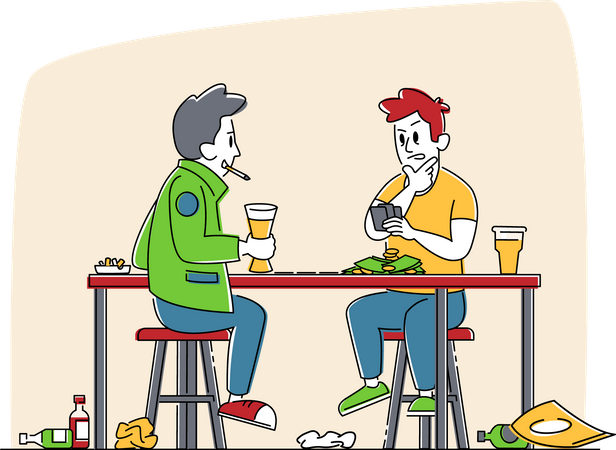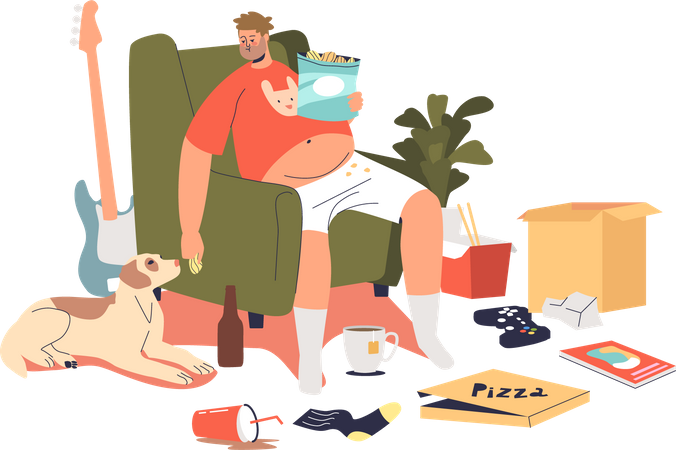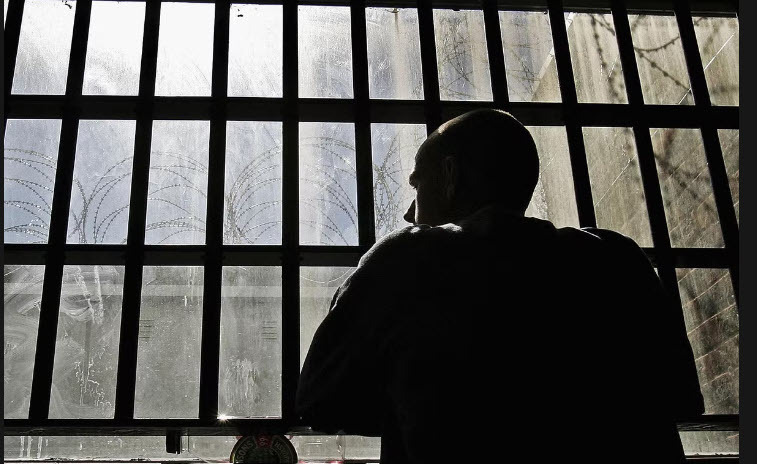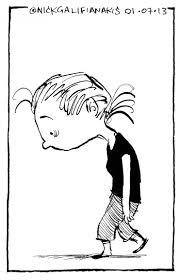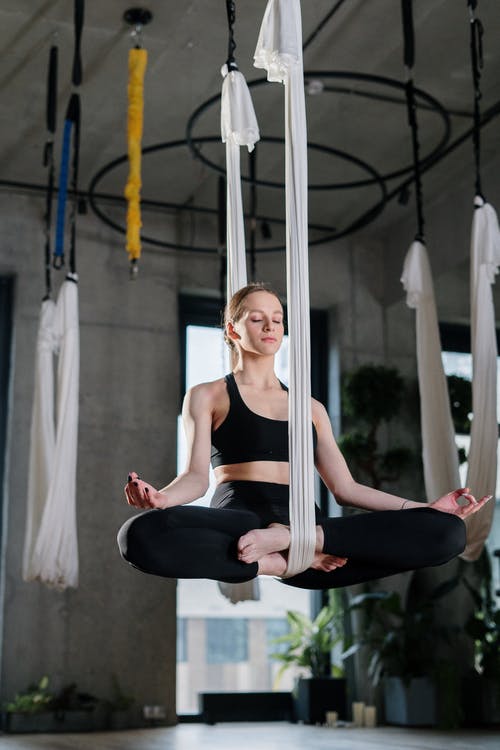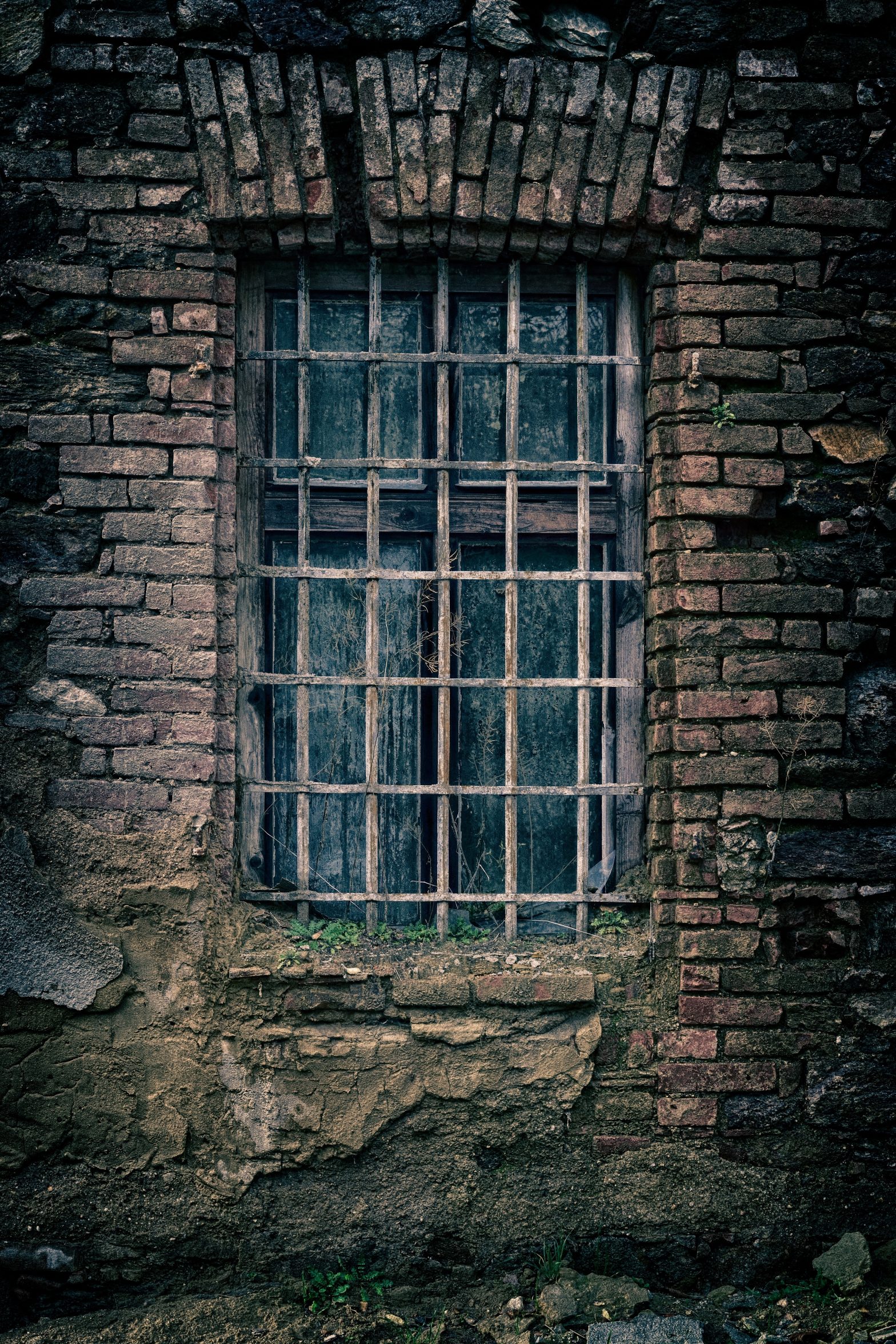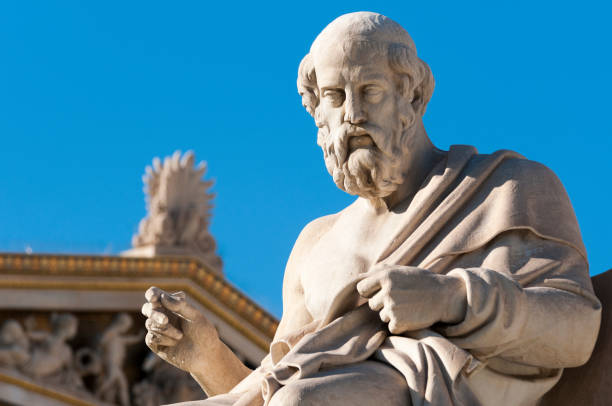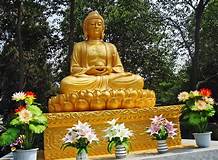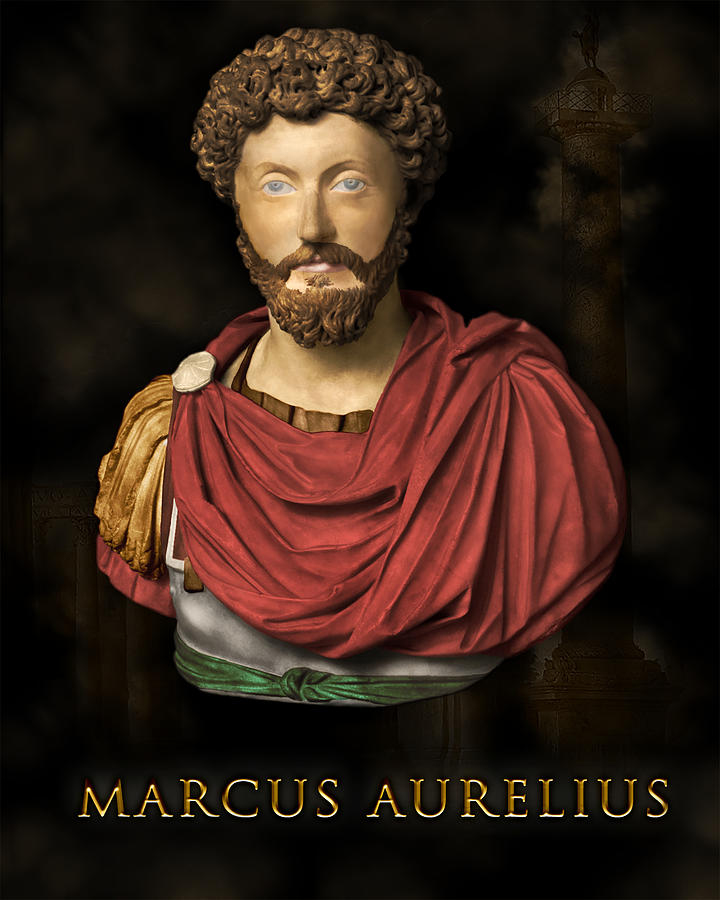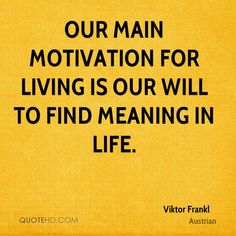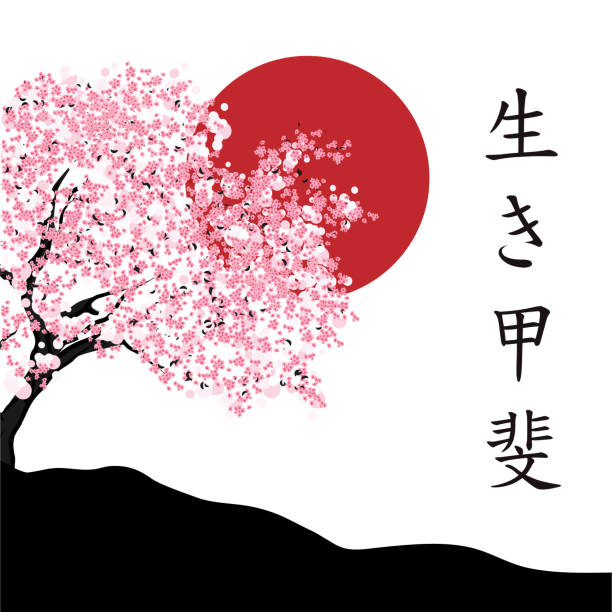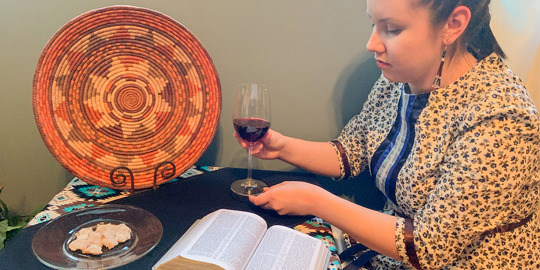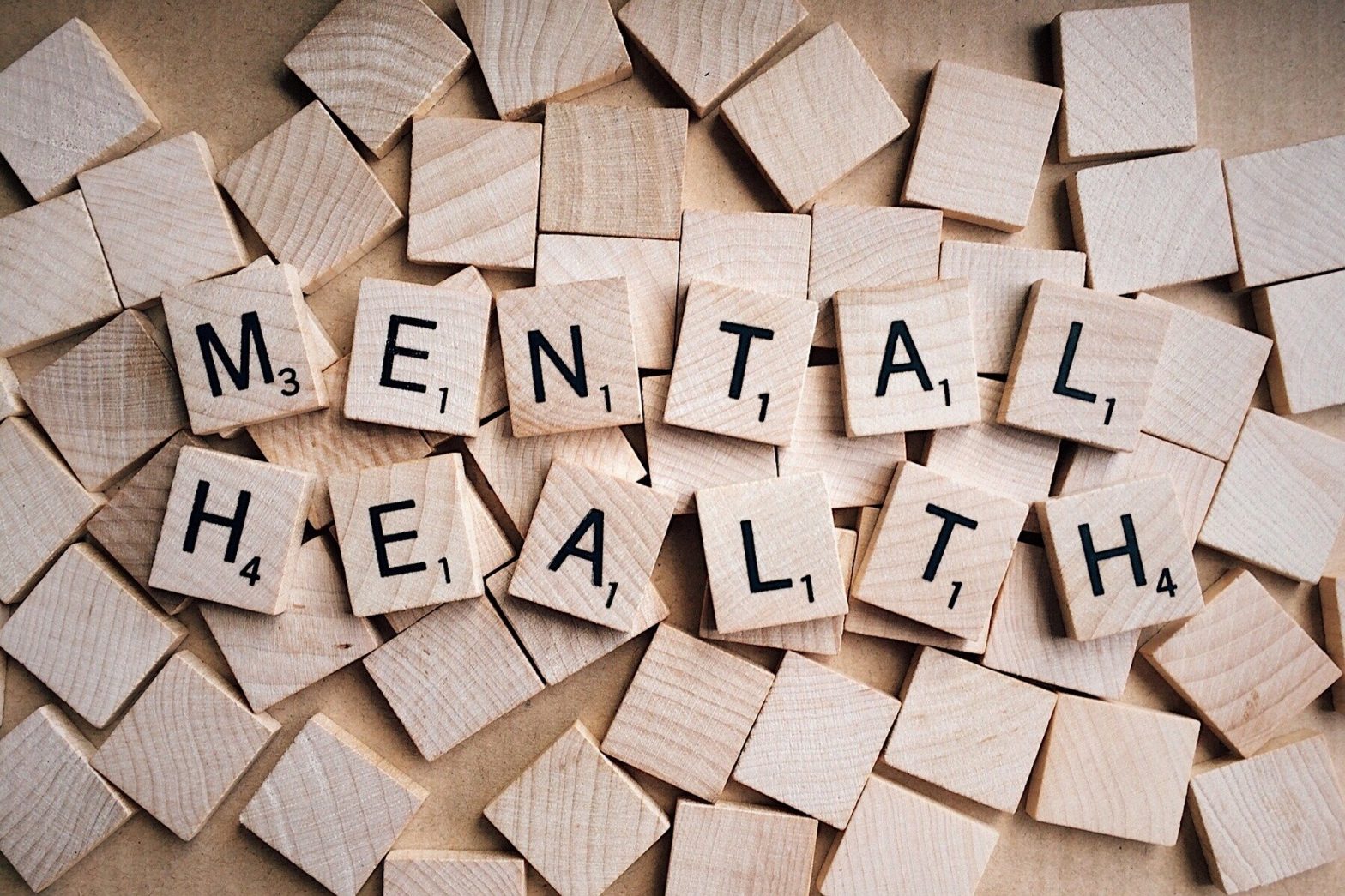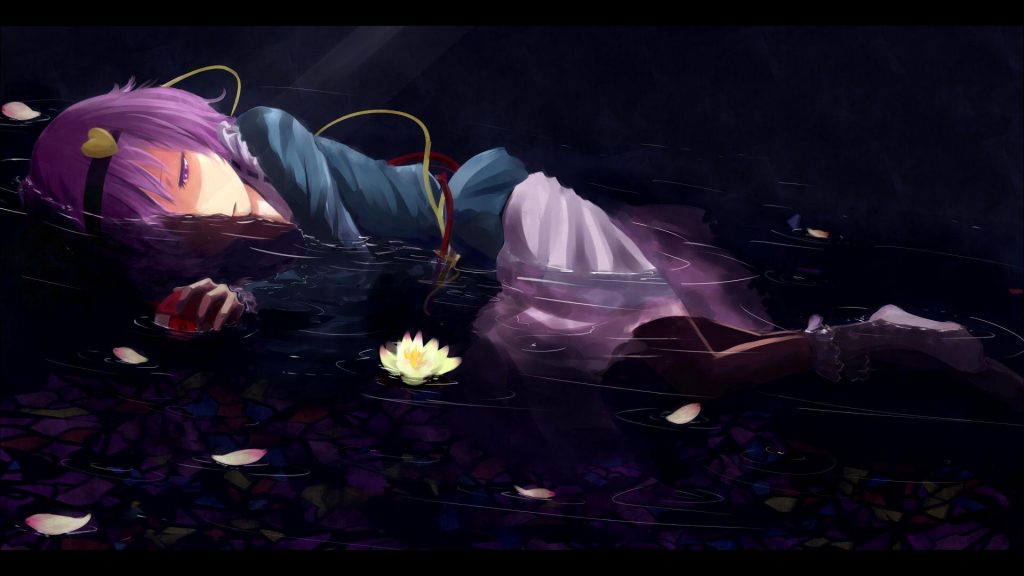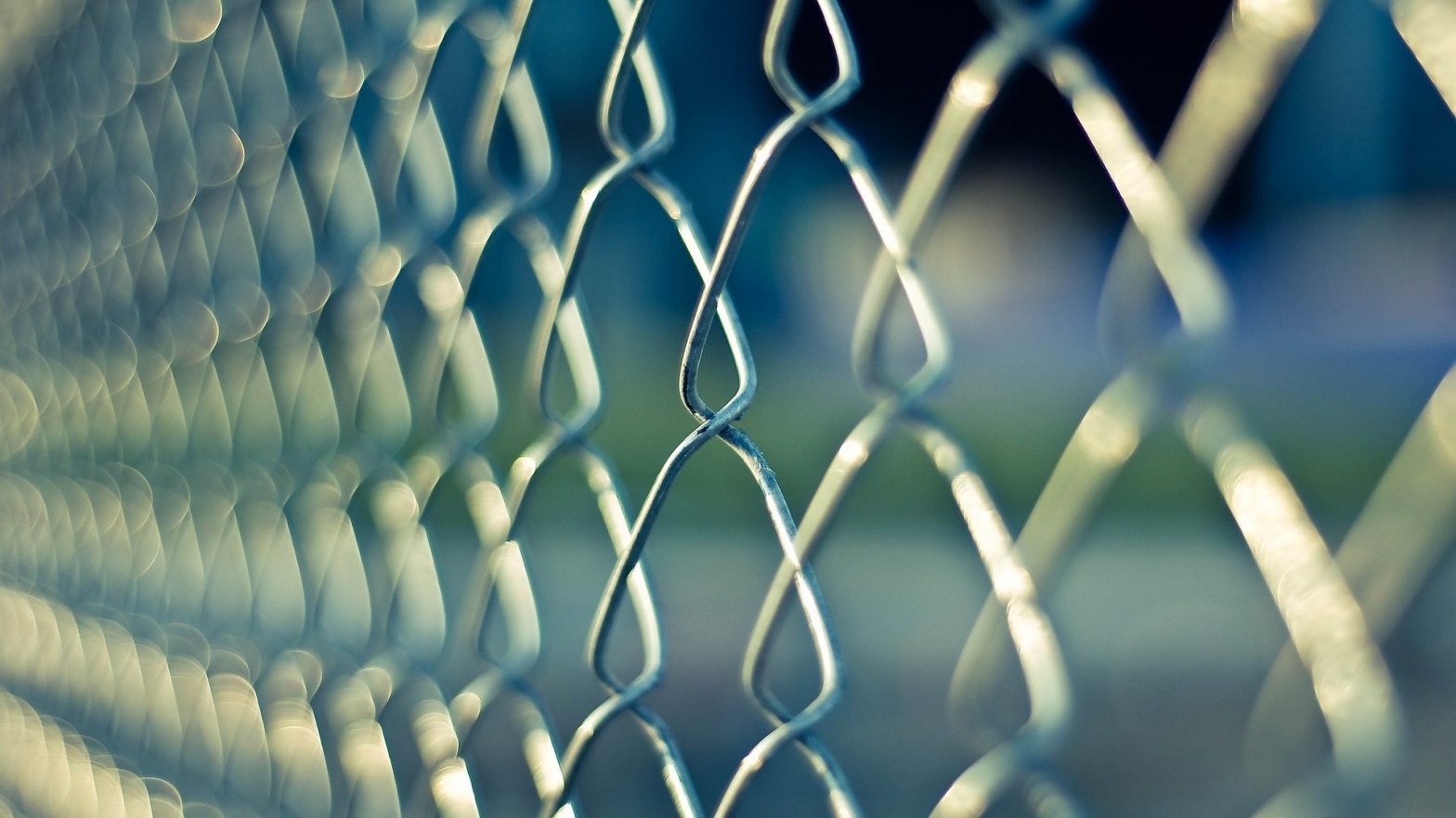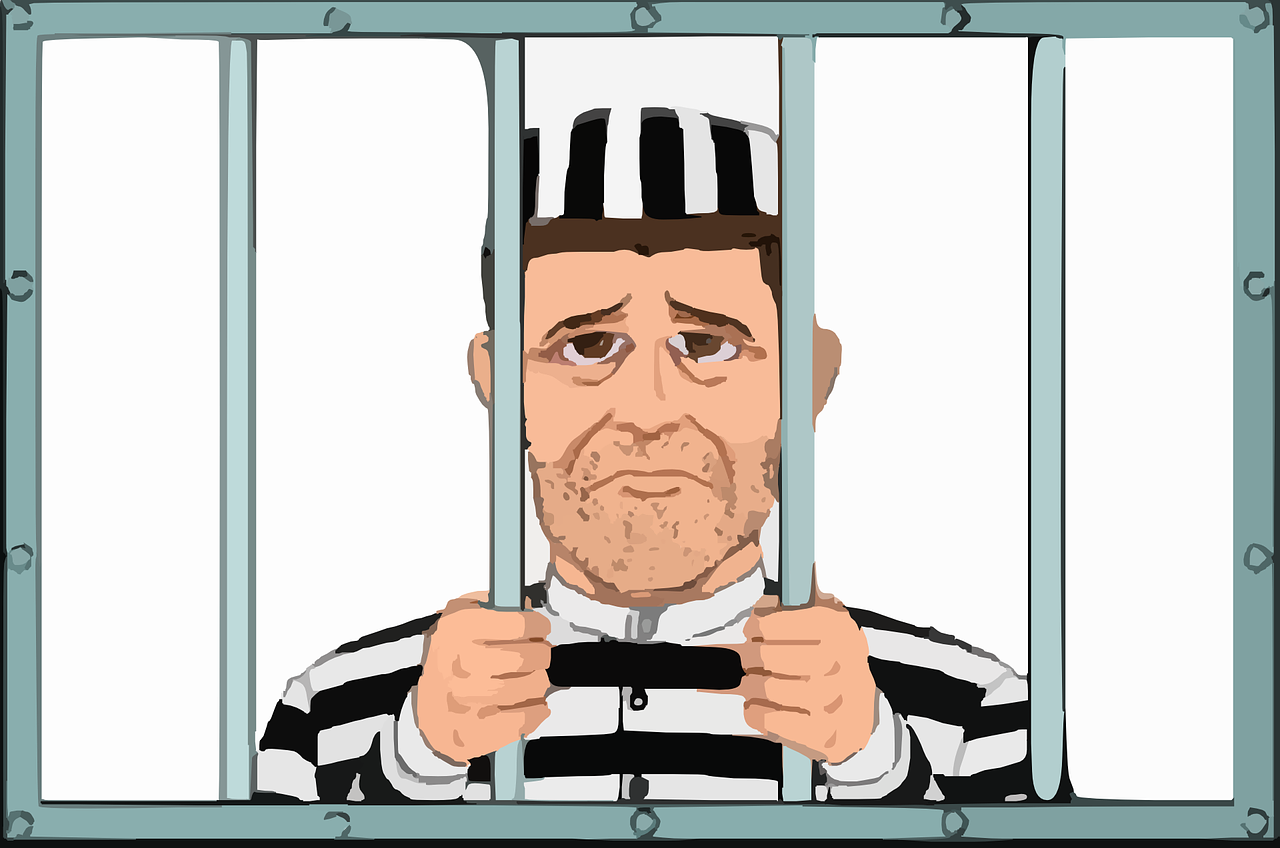I suspect most folk back home in the UK have never heard of Taoism. Buddhists seem to have cornered the market in eastern philosophy, commercially as well as spiritually. Even though small Taoist communities do exist, you will never see them prancing along the high street chanting and dancing.
Taoism is one of three ancient teachings which took root in China between the 6th and 3rd centuries BCE. The other two were Confucianism and Buddhism, the latter which originated in northern India. It was a period of constant wars and the founders of these philosophies express great dissatisfaction at their contemporary society, which was not so different to our own despite over a couple of thousand years time difference. Today, many Chinese still ascribe to all three even though not practising any of the rituals.
The main sage associated with Taoism (also spelt ‘Daoism’) was a mysterious figure called Lao Tzu. His long, complicated work the Tao Te Ching is the most translated book after the bible, and is gaining increased relevance in a world which has clearly lost its sanity. The ‘Tao’ 道 literally means ‘the way’ and is the universal force of nature. It is beyond our comprehension and cannot be controlled, so we should try our best to live in harmony with it. Lao Tzu’s main message is that it is only when we give up trying to control things that we get the control we always wanted but never knew existed. By trusting in the power of nature we regain trust in ourselves. Left alone without interference, nature will flourish as will humans. A living example is the land known as the DMZ between North and South Korea. With no access to humans, an amazing variety of plant and wildlife has been observed.
无为 (Wu-wei) is the art of letting go and can be translated as ‘non action’ or ‘no effort’. Instead of swimming against the tide, we should just go with the flow and let nature take its course. The modern world’s obsession with control is itself out of control with increased surveillance by governments and employers. There is no evidence that such extreme measures increase personal safety, productivity or efficiency, but is the way things are now done. In my own experience, the placing of cameras in every cell has not curbed drug abuse or self-harm. In our personal lives, trying to control things such as fate and external circumstances, over which we have no control, only leads to unhappiness, stress and mental disorders.
Associated with Taoism are Kung Fu, Tai Chi exercise and the concept of Yin and Yang, where everything has an opposite which complements it perfectly and without which neither can function. Think of day and night.
Here are three ways that Taoism can really help us in prison :
1) IT’S OK TO BE A LOSER
Society pressurizes everyone to be successful and “the best version of ourself.” We should be wealthy, have a high status job and a good reputation, lots of friends to post photos of on social media, a happy family and attractive partner, a big house, frequent foreign vacations. Yet just how many folk actually achieve these goals and manage to maintain them before stress and burnout take over if not worse.
To the vast majority of people, going to prison is just about the worst thing that can happen. Yet a Taoist would disagree. Pursuing success is a waste of time. Judging people on their achievements is a big mistake. Big mistakes are inevitable. In politics, the stupid and well-connected often rise to the top. If anything is possible through hard work, every woman in sub-Saharan Africa would be a millionaire. What is the point of effort if it gets you nowhere? Many of us have suffered from factors beyond our control. Luck and destiny play a huge role which often override our best efforts.
The Taoist sages do not say we should not strive to better ourselves, but we should not attach ourself to outcomes. This will help us stay calm in the face of adversity. ‘Loser’ is just a term society uses to make certain people feel good about themselves. We can gently raise two fingers to this classification. Most people will look down on us but so what. They are welcome to get on with their own meaningless self-righteous lives.
Diogenes the Cynic, who may have become a Taoist if not born in ancient Greece, was a philosopher who was homeless and lived inside a barrel. Legend has it he was ostracized for counterfeiting coins. From then on he rejected society’s materialistic values and wandered from town to town, making fun of people. He is famous for telling Alexander the Great to get out of his sunlight after being offered anything he wanted. Plato once saw him washing vegetables in a stream and said disparagingly, “If you knew how to court kings you wouldn’t need to wash vegetables”. Diogenes curt reply was, “If you knew how to wash vegetables you wouldn’t need to court kings!” Diogenes even attracted like-minded followers, who we might call the original hippies. He became far more famous than millions of others since who actively pursued fame and wealth but remained unheard of. Do you think Diogenes was a loser?
2) DEALING WITH MENTAL ILLNESS
It is estimated that one person in every four of the general population suffers from some form of mental illness. I dread to think what the ratio in prisons is. In most prisons around the globe my guess is that there is no mental health specialist on the premises, so that sufferers are left to fend for themselves. I believe that Prisoners Abroad can assist with information leaflets and in some cases medication, but this will not happen overnight.
In the 1960s, a wonderful yet humble family doctor named Claire Weekes cured her own anxiety and depression following a move from her native Australia to work in the UK. The research she published won her a Noble Prize and her book ‘Hope and Help for your Nerves’ is still widely read today. Her method is a very simple one : do not fight the illness. Surrender to it completely and let nature run its course. It is not an instant fix but repeated practice has been proven to work. As far as I know she never mentioned Taoism, but her method could have come straight out of a manual by Lao Tzu himself. What you need to do is slow down your breathing and relax your body as best you can. It is not easy to relax at all with acute anxiety but with the help of other tools such as yoga and particularly meditation, positive results will come your way (I believe Prisoners Abroad can also provide information on how to meditate. Yoga routines can be found in every newsletter).
If medication is available, my advice is to take it. Antidepressants are effective for both anxiety and depression, but take 4 – 6 weeks to have any effect. They should be used as a crutch as you continue letting go, which Claire Weekes calls “acceptance”. It will enable you to reduce the dosage and even stop altogether. However, antidepressants need to be taken for minimum 9 months and should never be discontinued abruptly, since this will lead to a relapse in addition to horrid withdrawal effects. It disappoints me how many sufferers have never heard of Claire Weekes, but we live in an age where taking pills is often seen by the medical profession as the only solution.
3) IMPROVE SELF CONTROL
From my own experience, lack of self control is the main cause of problems in prisons. Many inmates do not handle stress very well and easily lose their temper. Most arguments I witness are for extremely petty reasons and could have been avoided by saying nothing at all, or a humble apology if it was because of something you did wrong whether intentionally or not. Answering back as so many do just makes matters worse. A Taoist would say the correct approach is to say nothing at all. It may feel to us like a weakness but keeping calm in the face of provocation is a mark of true strength.
Patience is another virtue in short supply in prisons, particularly among those of us from ‘developed’ countries. Where I am, legal proceedings are the slowest in the world along with Mexico. Anger and frustration easily mount from frequent power cuts and water outages. Theft is common. Promises made by lawyers and prison authorities are rarely kept. To cultivate patience, we need to root ourselves firmly in the present moment and daily meditation is the best way to achieve this. By living in the present we free ourselves from the traumas of the past and anxiety towards the future. This is the state many sages, monks, gurus, shamans and yogis manage to achieve and maintain. There is no final objective. Peace of mind and balance are attainable now, not at some distant point in the future.
Conclusion
The principles of Taoism are perfectly suited to prison life, particularly since we are powerless and have next to nothing to lose. It is a perfect opportunity to make a fresh start and emerge from our adversity better and stronger than before. If we can succeed in living in the present, we attain freedom despite our captivity.
It is true that on the outside there are situations where it would be wrong not to take action. For example, if we were witness to an elderly person being robbed on the street, I believe it would be morally irresponsible not to intervene, but this need not entail adopting a heavy-handed approach. If we need access to welfare benefits which are refused for inexplicable reasons, we need to take a stand but this can be done softly and politely in a non-confrontational way without creating a huge fuss which would be most peoples’ reactions. Whatever the situation, we need to retain our balance without pinning all our hopes on a specific outcome. Taoism is not about not trying, but not trying too hard.
I thought I would finish with two situations which are familiar to many people, and which show how the Tao can be used in our everyday lives.
Anyone who has done long distance running will recognize a state known as ‘the zone’. All of a sudden we find we can move effortlessly and literally glide along.
The second is when we are attracted to a prospective partner but try too hard to impress. The result is to drive them away. The Taoist way would be to take things slowly without attaching any importance to the result. We may still not succeed, but at least we were able to avoid stress and bitter disappointment in the process. In Taoist terms, a rejection means it was not meant to be, and time should be devoted to personal growth.
Herbert Mitchell
Philippines
